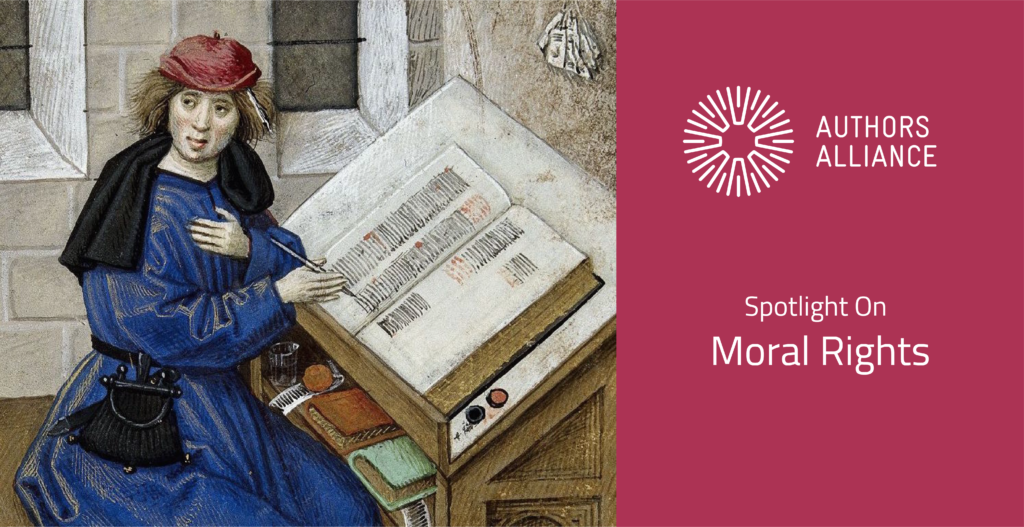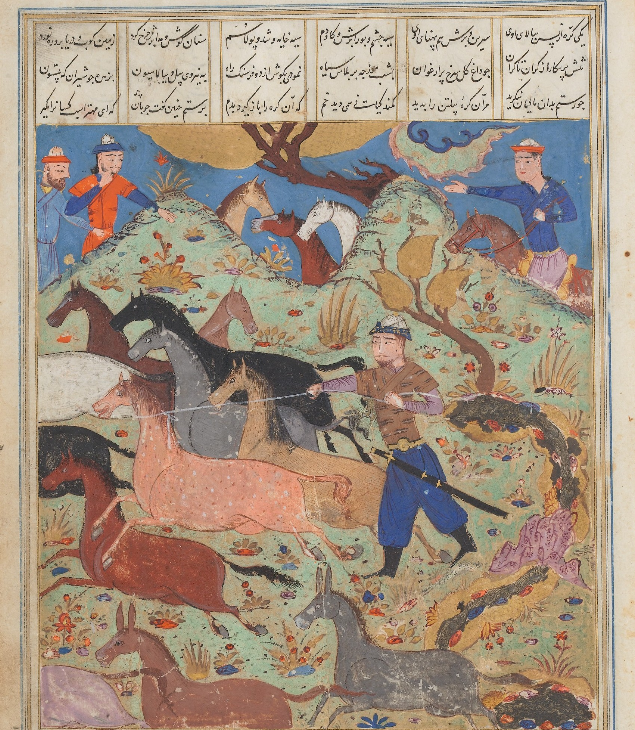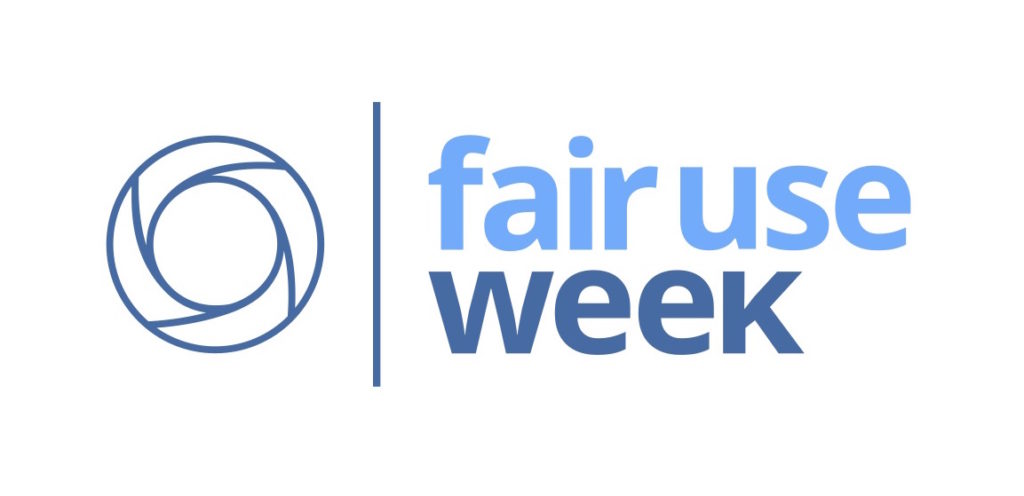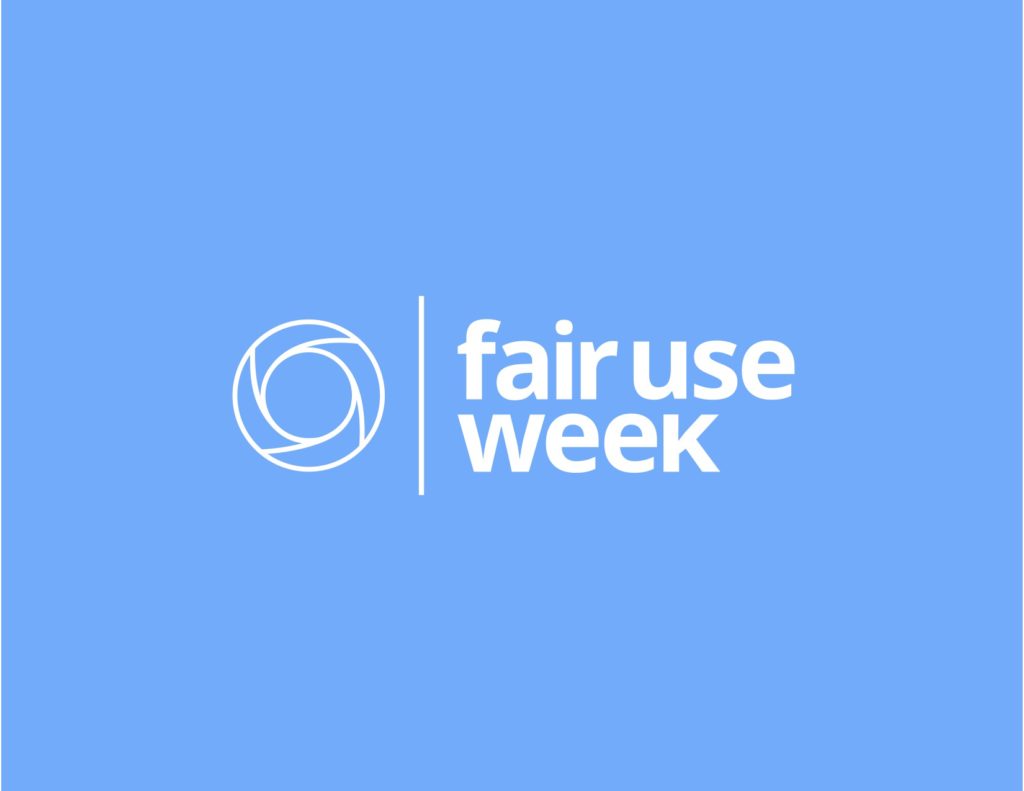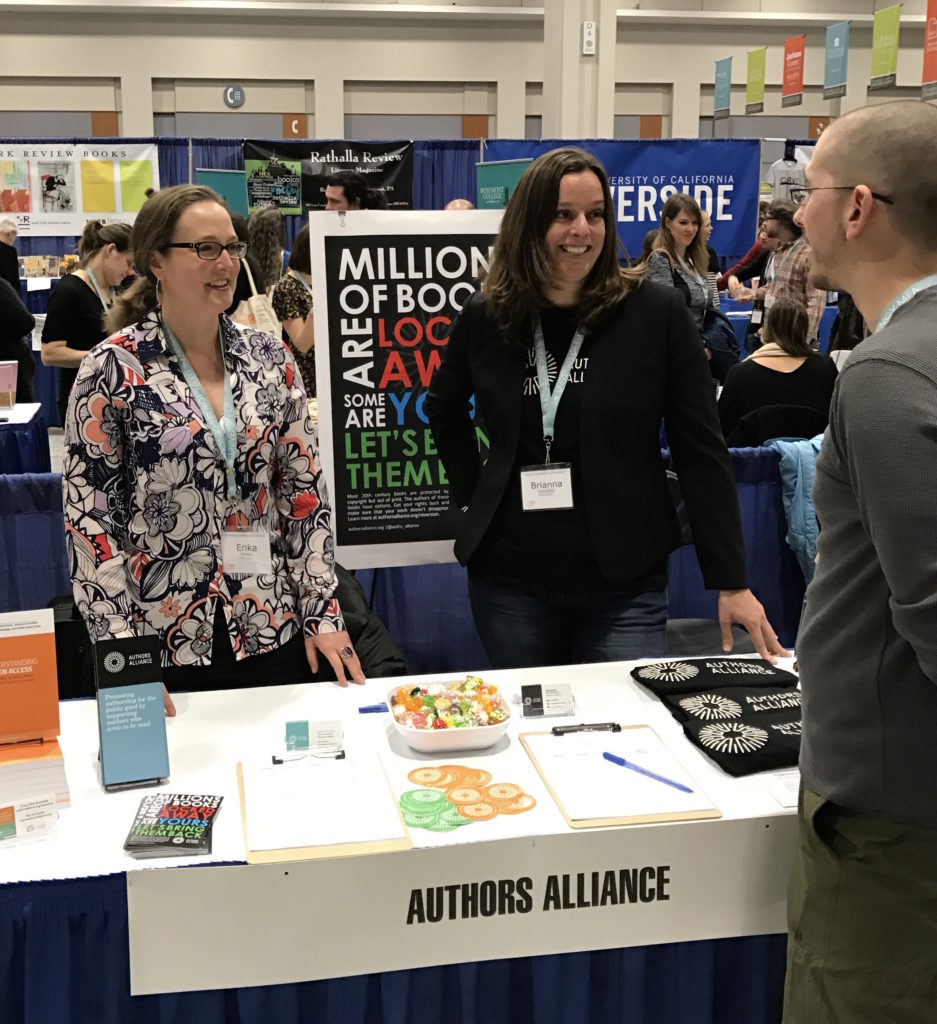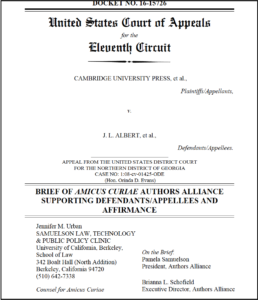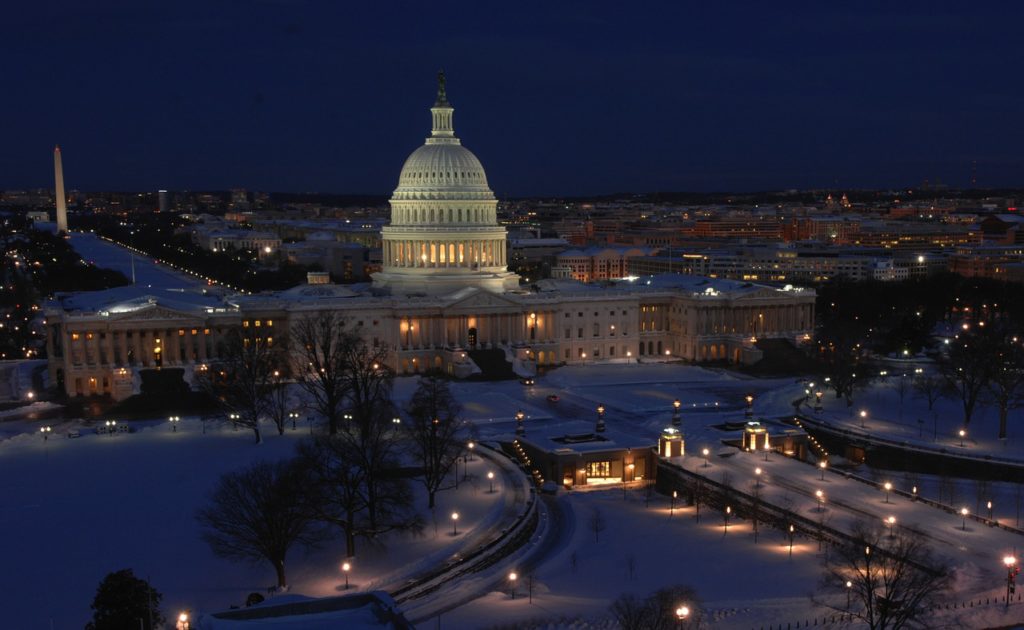The following is a guest post by Authors Alliance President Pamela Samuelson. We welcome your comments as we continue to explore the topic of moral rights over the coming weeks.
In preparing Authors Alliance’s forthcoming comments in response to the Copyright Office’s Notice of Inquiry for its Study on the Moral Rights of Attribution and Integrity, I thought of eight reasons why it is in the interest of authors as well as the public for authorial attribution and integrity to be statutorily recognized in U.S. copyright law, as they are in the laws of virtually every other nation on earth.
First and foremost, many authors care deeply about having their names associated with the works they create and about their works being available to the public in the form in which their creators authorized dissemination. These authors experience lack of attribution and mutilation of their works as significantly injurious to their well-being.
Second, statutory recognition of attribution and integrity interests would send an important signal to the public about the respect that members of Congress have for the myriad contributions that authors make to the ongoing “progress of Science,” consonant with the constitutional clause under which Congress enacts copyright laws.
Third, recognition of authorship attribution and work integrity is in the public interest insofar as members of the public care about the authenticity of creative works with which they interact. Readers, viewers, and listeners want reassurance that the works to which they have access were created by specific individuals and have been vetted by the authors as the works authorized for public dissemination. For example, someone who has read several William Gibson novels and just purchased another will want to see Gibson’s name on the cover and be assured that the book just purchased is in the form the author wanted to reach his readers.
Fourth, being attributed as a work’s author and being able to control the integrity of one’s work is important to building and maintaining authorial reputations. Although it is often difficult to quantify the value to authors of reputation enhancement by virtue of public dissemination of their works, the value is real and meaningful to authors. It is indeed akin to the goodwill that firms build up over time associated with trademarks as the public comes to trust products or services bearing the protected mark.

